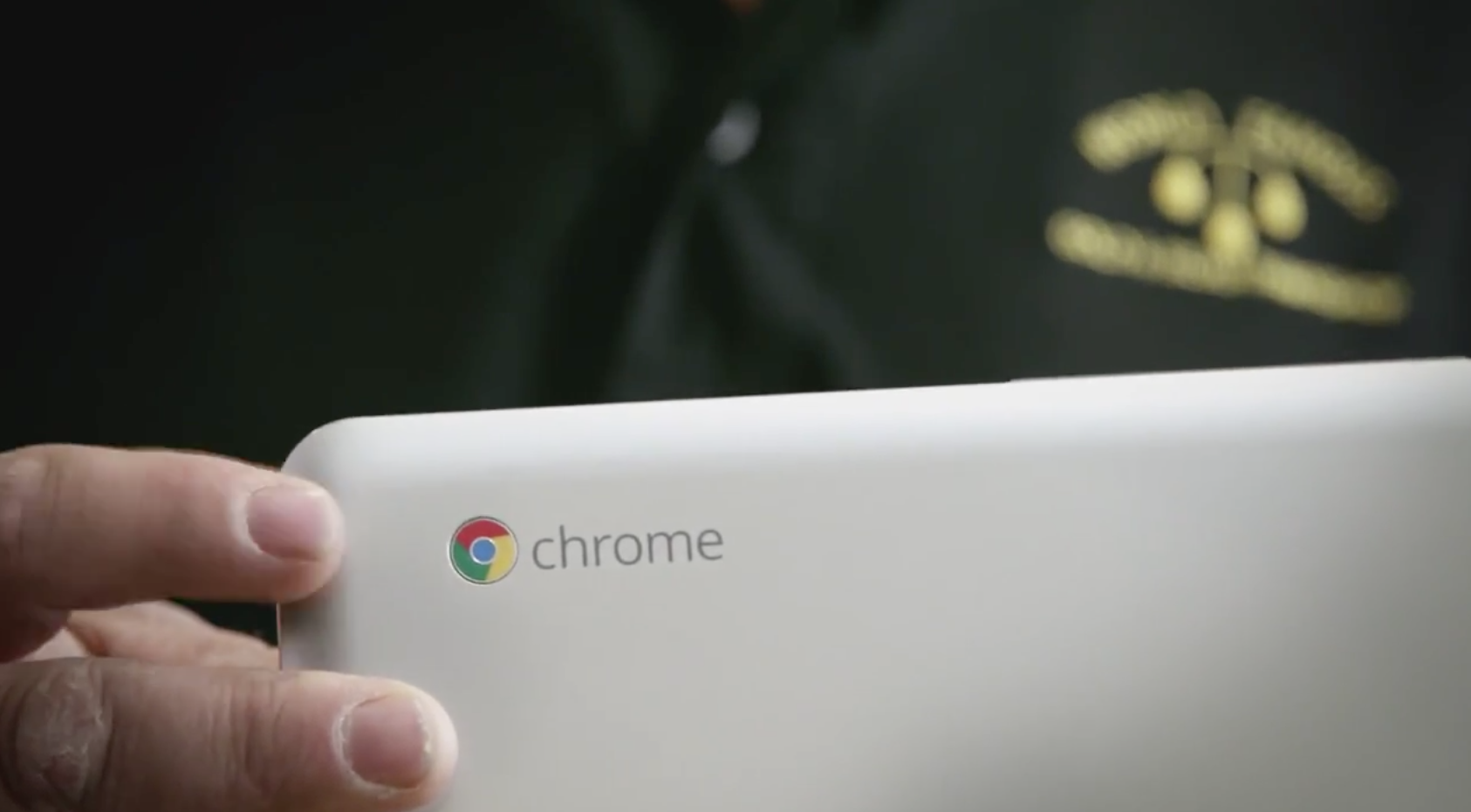
You call 'Pawn Stars' Scroogled desperate, I say it's bloody brilliant
Whoa, twice now in less than seven days, I defend Microsoft's "Scroogled" advertising campaign. Seriously, someone deserves a fat Holiday bonus for hitting homers out of the marketing park. As good as anti-Google logo mugs and Tees are, the followup is better.
The Scroogled commercial featuring Rick Harrison and his dad from "Pawn Stars" is so effective that BetaNews has three posts debating the merits -- and there are loads more across social networks. Colleague Brian Fagioli calls the commercial the "best Scroogled ad yet", while Alan Buckingham says it's an "embarrassment". Hehe, they're both correct.

Scroogled is marketing genius
My colleague Wayne Williams calls Microsoft Scroogled gear "pathetic" and a "new low". I agree that the anti-Google hat, hoodie, mug and Tees are more crass than class but they tap fanboy sentiments. The Scroogled product line is brilliant marketing, I say.
Look at the amount of attention generated across blogs, news sites and social networks today. Scroogled is everywhere. Microsoft rarely gets such viral uptake, and any advertising consultant will tell you that all news is good news. Controversy is sweet marketing, and here pointed. Scroogled isn't just anti-Google, it's pro-discussion -- as fanboys from both sides and everyone between them argue about one company against the other. Microsoft marketers want flaming debate about Google search.
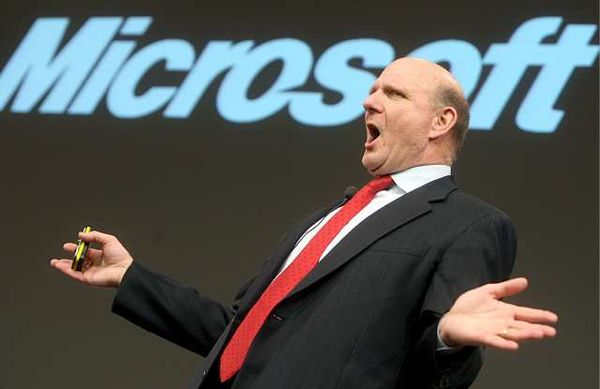
Steve Ballmer is right, and I was wrong
Steve Ballmer's departure from Microsoft will be a series of epitaphs written over the coming months. Many arm-chair pundits and analysts will scrutinize his 13-year tenure as chief executive, and you can expect him to be the scapegoat for all things wrong with Microsoft. Most assuredly, Ballmer could have done many things better, but he also contended with forces out of his control: government oversight for anti-competitive practices conducted under predecessor Bill Gates' leadership; maturing PC software market; and rise of the Internet as the new computing hub, among others.
For all Microsoft's CEO might have done wrong, he was right about something dismissed by many -- and I among them: Google. Ballmer started treating the search and information company as a competitive threat about a decade ago. Google as Microsoft competitor seemed simply nuts in 2003. How could search threaten Windows, particularly when anyone could type a new web address to change providers? Ballmer was obsessed, chasing every Google maneuver, often to a fault. Execution could have been better, but his perception was right.

Google once again extends Windows Phone support for new Exchange ActiveSync connections to Gmail
In late-January, Google revealed that, after July 31, Windows Phone handsets will be unable to establish new Exchange ActiveSync connections to Gmail. The controversial move would leave said devices without the ability to sync calendar and contacts entries with the search giant's consumer-oriented email service, after the passing of the deadline. However, that is no longer the case, as Google just gave Windows Phone users another reprieve.
"We've reached an agreement to extend support for new Windows Phone connections to the Google Sync service through December 31, 2013", says Google in a statement that was issued to me earlier today. The agreement, as you can probably tell, was made with Microsoft, likely to give the software giant and its partners more time to deploy CalDAV and CardDAV support, which is needed for Gmail calendar and contacts sync, in Windows Phone.

Microsoft: Compliant YouTube Windows Phone 8 app coming, meanwhile take the dreadful old version back
Following a cease and desist letter sent by Google little over a week ago, today, Microsoft reaches out to me and announces a new update for its homebrew YouTube Windows Phone 8 app. You might want to contain that burning desire to hit the "Update" button though.
"Microsoft and YouTube are working together to update the new YouTube for Windows Phone app to enable compliance with YouTube’s API terms of service, including enabling ads, in the coming weeks", says the Redmond, Wash.-based corporation. This comes two days after the passing of the deadline to remove the app from the Windows Phone Store.

Microsoft's backing of anti-Google Apps school privacy bill is just plain dirty
We all know software vendors have vested interests that sway some of the decisions they make. When I heard that Microsoft was the real driving force behind a sly K-12 school privacy bill making the rounds in Massachusetts, I immediately smelled something rotten. While the public purpose behind the bill aims squarely at protecting student privacy, it's not hard to connect the dots back to Redmond, Wash.
Even though it's easy to see why Microsoft would prop up such a bill (to ease Google Apps' rise in the K-12 educational market), I question the long-term business sense of such dirty grandstanding. Microsoft's Office 365 for Education is already free for students and staff of any qualifying school district (just like Google Apps), and the suite is pretty darn good competition for Google on technical and functional merit alone. So what's the sense in playing dirty just to sign on a few more seats here or there based on misinformation?
Chromebook Pixel is Microsoft's worst nightmare come true -- and Apple's, too
The rumors were true! Google developed a touchscreen Chromebook for release this year. Like today! No one should misunderstand what the computer means competitively. Already, four Microsoft Windows partners produce Chromebooks -- Acer, HP, Lenovo and Samsung. Chromebook Pixel promises to do for the Chrome OS platform what Nexus devices did for Android smartphones and tablets: Establish a reference design for hardware partners and provide developers base system to develop apps for the platform. But it's also a competitive move against PCs running OS X or Windows and Google pushing Chrome OS into the premium notebook market.
Today Google unveiled Chromebook Pixel, following weeks of rumors. The company also extended a vision for Chrome OS. Bottom line: Commitment to the operating system is strong. The search and information giant briefed journalists in different cities. I had to turn down an invite to the San Francisco briefing because of family matters. Do I feel left out! But, hey.

Microsoft launches 'Don’t Get Scroogled by Gmail' campaign to stop Google 'going through personal emails'
Microsoft's efforts to downplay Google's Gmail over its own Outlook.com service are well known amongst the tech crowd. In late-November the Redmond, Wash.-based corporation claimed that a third of new Outlook.com signups were people switching from Google's email service, and after the web giant dropped support for EAS, Microsoft quickly advised Gmail users to make the same switch. Now Microsoft is at it again, launching a new crusade titled "Don't Get Scroogled by Gmail".
The purpose of the campaign, according to the software firm, is to "educate consumers that Google goes through their personal emails to sell ads". Don't Get Scroogled by Gmail is aimed at American Gmail users and is supported by a GfK Roper study commissioned by Microsoft that found "70 percent of consumers don’t know that major email providers routinely engage in the practice of reading through their personal email to sell ads", with a vast majority of people, 88 percent, disapproving of this practise once the information was brought to their attention.

Microsoft 'surprised' after Google dropped Exchange ActiveSync support
Almost a week ago, part of Google's "Winter cleaning" involved dropping support for Microsoft Exchange ActiveSync on January 30, 2013. It appears Microsoft is far from happy with the controversial decision, and the company promptly retaliated by advising Gmail users to switch to Outlook for "the best email experience" across all devices.
As was the case with removing the free version of Google Apps for Business, Google's recent move is subject to criticism. But why does it matter? Google dropped the ball in Microsoft's court, as the latter uses EAS in a number of software products including Windows Phone and Windows 8/RT. The protocol allows syncing of calendars and contacts and uses push email functionality. "Killing" it leaves Microsoft customers without those features when accessing Google services.

Google Shopping lies to consumers, Microsoft says
Microsoft's search engine Bing launched an aggressive information campaign against Google on Wednesday, accusing the leading search engine of dishonesty in its shopping search functionality.
Earlier this year, Google Product Search was renamed Google Shopping. This name change was no superficial affair because Google was completely changing the business model of the service. Under Google Shopping, only retailers who paid for product listing would turn up in search results.
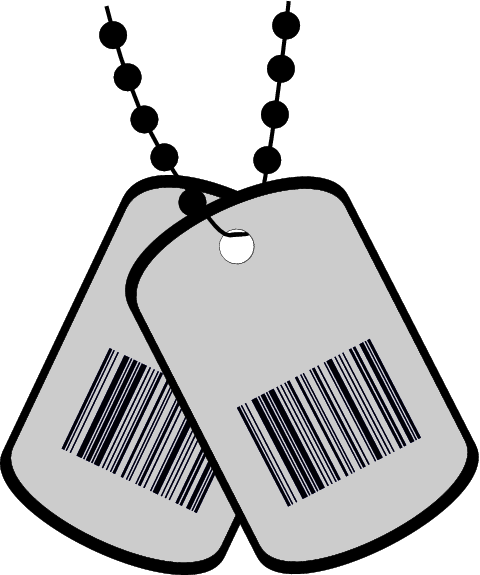
Has Microsoft lost the tablet war before it begins?
Asus' Windows 8 tablet roadmap leaked a few days ago, revealing the company's intention to launch three tablets powered by Microsoft's soon to be released Windows 8 operating system. Bloggers and journalists have used the roadmap to argue that the pricing is too high to compete effectively against Apple iPads and Android tablets. Taken aside that the pricing may not be final, it seems like they are right, if you only compare price and nothing else.
Asus' entry model, the Vivo Tab RT, for instance, lists with a starting price of $599. That's $100 more than Apple's cheapest new iPad model, and $300 more than Google's Nexus 7 tablet. But can you really make that comparison?
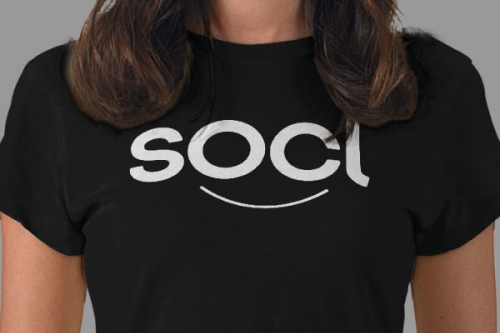
Microsoft Socl opens to all, the social network where search queries = status updates
Microsoft on Monday opened its experimental social search service called So.cl, which lets users socially broadcast their search queries and attached results. Socl is the product of Microsoft's Fuse labs, and has been open to limited user groups at the University of Washington, Syracuse University, and New York University, for the last five months.
Unlike the recent revamp of Bing, which integrates a user's social graph into their search base, Socl is something entirely different. The new service combines the "social broadcasting" aspect of Twitter and applies it to search queries and research.
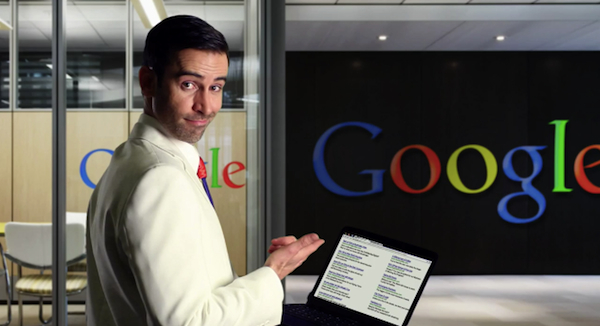
Microsoft goes for Google's throat
Microsoft is stepping up its anti-Google campaign, in a couple new moves clearly intended to generate FUD (fear, uncertainty and doubt) about its rival's products, corporate image and credibility. In the past two days, Microsoft launched at least two separate offenses: one against Google Apps, which competes with Microsoft's key businesses -- productivity software -- and the other an attempt to capitalize on the news surrounding Google's apparent circumvention of Safari privacy controls.
Google must defend against attacks from Microsoft on multiple fronts -- they're opportunistic and follow a pattern of attempting to cash in when Google is vulnerable. It also happens with increasing frequency. Consider Microsoft's attempts a year ago to justify copying Google results by turning around and accusing the Mountain View, Calif. company of click fraud.
